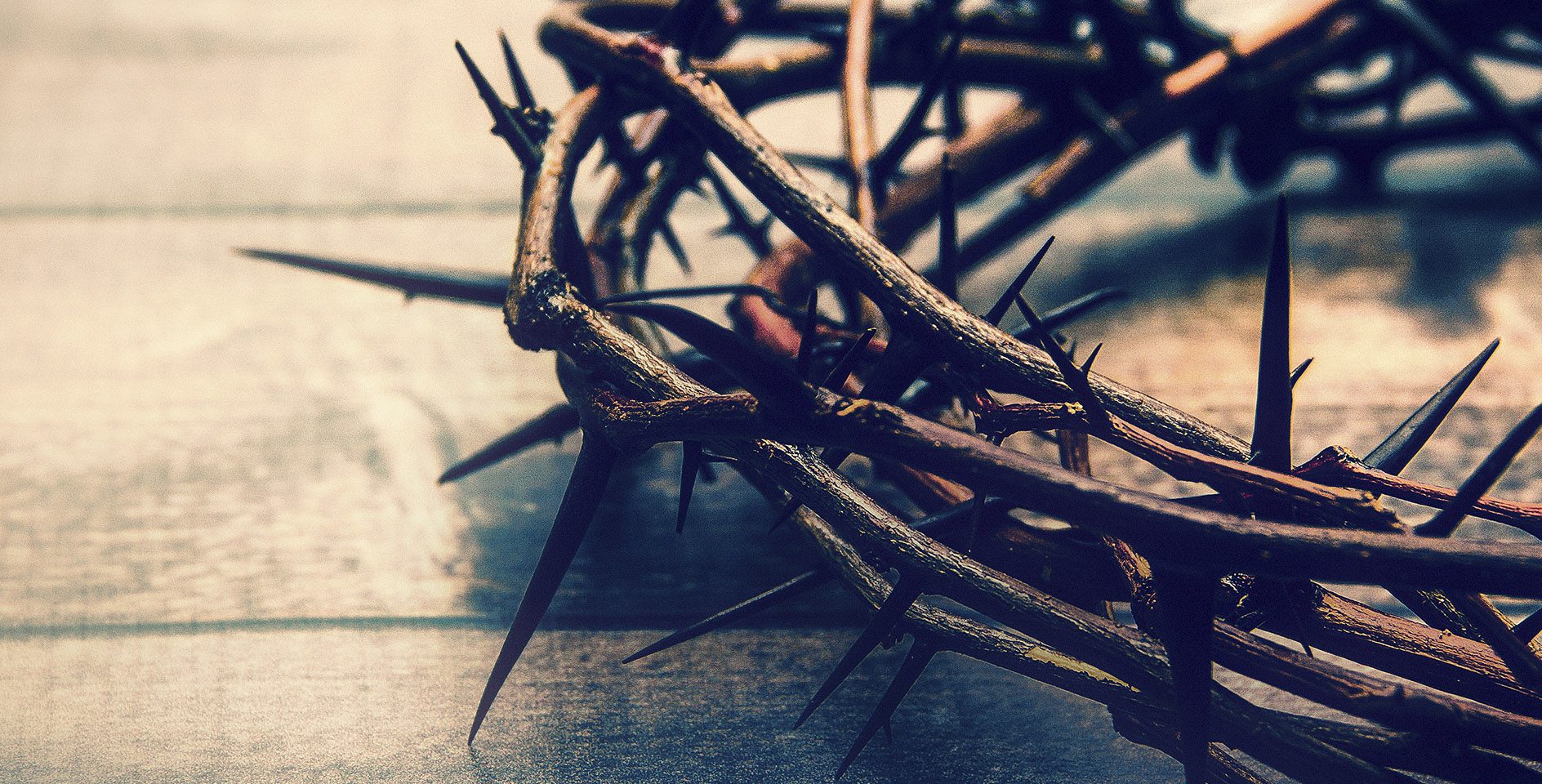“Jesus doesn’t put the word ‘self’ in front of ‘identity,’ but in front of ‘denial.’”
Those words, spoken by Sam Allberry last week during a panel discussion at The Gospel Coalition’s National Conference, gripped me. In our current culture, saturated with quests for self-esteem and self-definition, even the church sometimes falls into the trap of focusing on individual ambition and gratifying one’s own desires rather than walking a path of holiness and sacrifice. Whether it’s talking about how you can have your best life now or advancing the idea that following Jesus makes everything better, too many Christian leaders today seem to conflate secular notions of fulfillment with biblical benchmarks for human flourishing—a trend that is not without consequence.
“The gospel framework of repentance and faith is true for everyone, and we must understand the cost of discipleship for each of us,” Allberry explained. “Jesus says you must lose your life to save it. This means that at some point in your Christian discipleship, it will feel like Jesus is trying to kill you. It is going to feel like losing your life to follow Him. We all need to recover that understanding and ask how it applies to our own lives.”
This message was as clarifying as it was convicting. And although Allberry shared this in the context of a discussion on same-sex attraction and gender identity, I think his words offer both challenge and encouragement for us all no matter our specific circumstance. We each wrestle with unmet needs, unfulfilled desires and unanswered prayers, and in the midst of searching for answers in difficult seasons of life, it can be easy to lose sight of our unique calling to take up our cross and follow Christ wherever he may lead.
And as we encounter Holy Week and reflect on Christ’s death and resurrection, I am reminded in a new way of three significant truths:
Jesus suffered and died for our sin.
“The answer to any bodily brokenness is ultimately the broken body of Jesus,” said Allberry. “This is our only hope of wholeness. There has never been a greater body dysphoria than what Jesus experienced on the cross when the one without sin became sin for us.”
Even in the Garden of Gethsemane, Jesus experienced intense anguish, expressing grief and distress at the prospect of his pending crucifixion and separation from God the Father. Jesus repeatedly asked God to “take this cup” from him, a prayer that seemingly went unanswered. Yet in the hours before his crucifixion, in the face of agony, even as he was sweating drops of blood, Jesus demonstrated perfect obedience and total surrender to the plan of God—a plan that required his death on the cross. “God made him who had no sin to be sin for us, so that in him we might become the righteousness of God” (2 Cor. 5:21).
We are not our own.
“The Jesus charting the course for you is the Jesus who loves you more than you love yourself and knows you better than you know yourself,” said Allberry. “The question to ask is, ‘Are you willing to trust Jesus and to follow where He leads, wherever that may be?’”
May we not mistake God’s apparent silence for his absence, and may our prayers be rooted in a desire to carry out his will rather than our own.
As we grow in Christian discipleship, we understand more deeply what it means to experience Christ’s redemptive power and surrender to his design—trusting him with our eternal destiny, as well as with other areas of our lives here on earth, even when it means going against everything culture seems to celebrate. At the heart of this discussion is the sovereignty and supremacy of Christ. In his Kingdom, we’re called to serve him as our Master and Lord, as evidenced when the Apostle Paul admonishes believers, “You are not your own; you were bought at a price” (1 Cor. 6:19-20).
The Church must function as the body of Christ.
“The church must provide the kind of family and community that the Bible calls us to be,” Allberry explained. “We all depend on the grace and generosity of God, and therefore the church must cultivate a culture of openness about the struggles and weaknesses we experience in the Christian life.”
As believers, we’re commanded to, “Bear one another’s burdens, and so fulfill the law of Christ” (Gal. 6:2). Yet, the church has sometimes become a place where additional burdens are placed on those who are already weak and weary. We all need community, but we cannot carry each other’s burdens if our primary posture is one of hypocrisy and condemnation, rather than authenticity and compassion.
We’ll likely hear a lot about the body of Christ in the coming days, and Allberry’s words offer a hopeful challenge for each of us. As we reflect on Good Friday and contemplate Christ’s ultimate sacrifice on the cross, may we be filled with a renewed sense of wonder and gratitude for his transforming power in our lives. May we fully embrace the freedom found in the truth he embodied, even when it involves self-denial.
May we not mistake God’s apparent silence for his absence, and may our prayers be rooted in a desire to carry out his will rather than our own. May we cling to God’s promise to walk with us every step of the way, living from a posture of victory one day at a time, even when this means learning to live with unanswered questions. May we also deepen our commitment to operate as the body of Christ, bearing one another’s burdens however daunting the road ahead appears.
Most importantly, may we be reminded of Jesus Christ’s invitation to, “Take up your cross and follow me” (Matt. 16:24), an invitation that requires absolute surrender and a continual dying to ourselves as God conforms each of us to his perfect image. After all, it is only in death that we can truly experience life—on this earth and for eternity.










